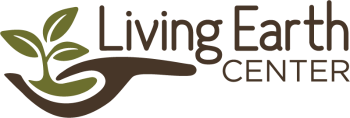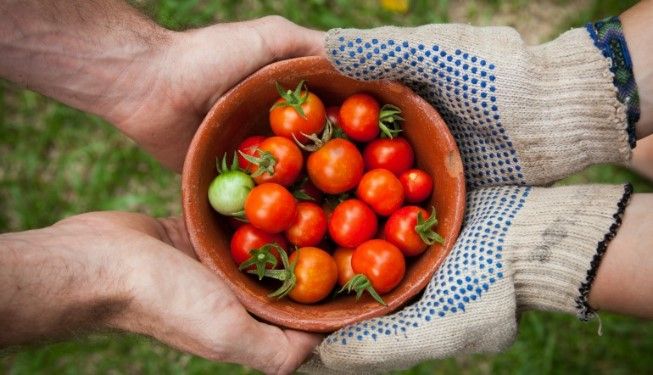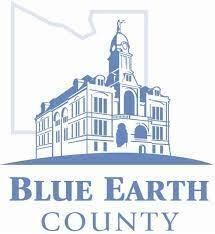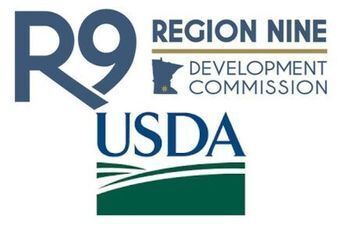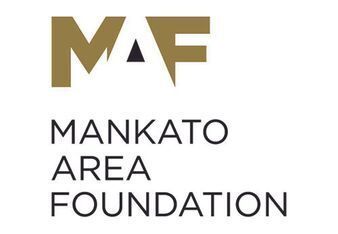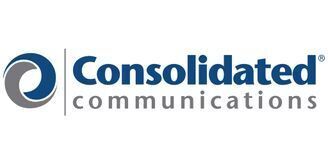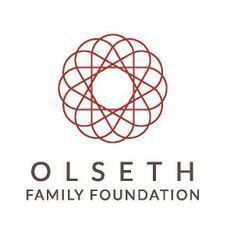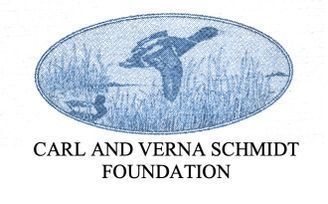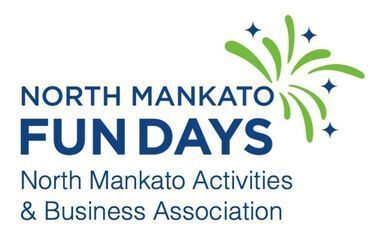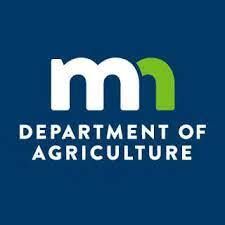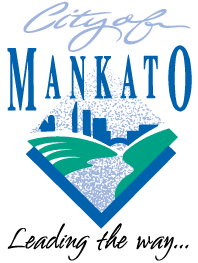Community Food Connection Program
Through our Community Food Connection Program, LEC directly connects people to the land and to healthy, organic produce. We are able to confront the issues of food insecurity and sovereignty in our community collaboratively through a multi-faceted approach. From youth educational programming to navigating ways for emerging growers to enter the local food economy, LEC works with our Community Partners to create pathways to food and land access and agency over food choices.
LEC is committed to strengthening and growing these programs. If you are interested in participating in one of the programs listed below, or are looking to begin a new community partnership, please contact us at info@livingearthcentermn.org.
Youth Gardening Initiative
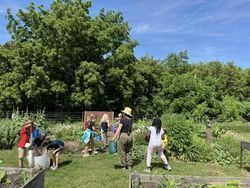
With the goal of getting more children outside and exposing them to the wonders and benefits of gardening, LECs Youth Gardening Initiative works with Community Partners (MY Place, Head Start, and the YMCA) to provide gardening education and encounters to local youth at no cost to these community partners.
Research shows that when children are intricately involved in the growing process, they are more likely to increase fruit and vegetable consumption and to try new and different foods. From weekly gardening classes in our Community Garden to day trips to the Community Farm, LEC connects children to healthy organic food in a direct, hands-on way while fostering a sense of environmental and community stewardship.
In the spring of 2024 we are beginning a new program in collaboration with ISD77, called Seed to Sauce, which engages students with the entirety of the food cycle. The integrated program incorporates all aspects of community food connection by having students start seeds in the spring, plant seedlings that they’ve started at the community garden and farm, harvest the produce they’ve cultivated, donate it to local food security programs, and also make their own food with the produce.
Produce Donation
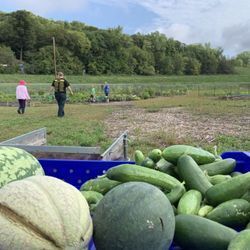
All food grown at the Community Farm is donated back to the community. We grow food for ECHO Food Shelf, Feeding our Communities Partners Backpack and Summer Food Programs, CADA House, and Partners for Affordable Housing. We communicate directly with these groups so that we can grow the produce that their clients are asking for. In 2022 we increased our production of fresh herbs after a request from ECHO.
The amount of produce donated continues to increase each year. In 2022, over 2400lbs was donated, a 50% increase over previous years. As we continue to develop and enrich the soil at the Community Farm we expect to see this number increase.
Emerging Growers
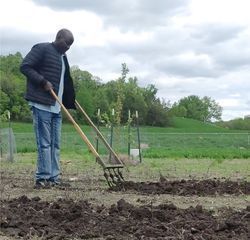
In 2022, in collaboration with Region 9 through a USDA Grant, we began a program addressing food sovereignty in the Mankato area by partnering with community members who have expressed concern that they are unable to access culturally significant foods and/or want to grow larger amounts of produce but do not have access to land.
LEC provides participants with space and tools at the Community Farm and mentorship if needed. There were three groups who participated during our inaugural year and this number has increased to 18 groups for the 2023 growing season! 2024 will also see expansion of the program to include a pathway to selling produce if desired.
Community Garden Partnerships
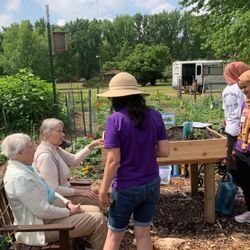
LEC provides plots in our Community Garden free of cost to groups looking to integrate gardening into their program offerings. We work with these groups to provide weekly gardening sessions. These collaborations have served a wide range of participants, from the elderly who visit our dementia-friendly Eng-AGE-ment Garden (in partnership with MNSU College of Allied Health and Nursing), to veterans groups who come together for conversation and the therapeutic benefits of working the soil. We also work with MRCI providing gardening education for their clients.
Community Garden Scholarships
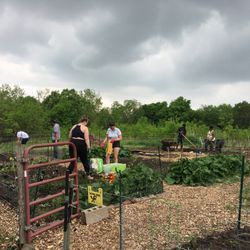
On average, LEC offers a dozen individual Community Garden scholarships annually. This ensures that anyone, regardless of socioeconomic status, has access to land to grow food for themselves and their family.
Starting in 2022, we began partnering with the Head Start Program to provide garden space for families who have children participating in Head Start that are interested in growing food for their families but do not have access to land. We had two families participate during our inaugural year, and are working with Head Start to identify more families for upcoming growing seasons.
